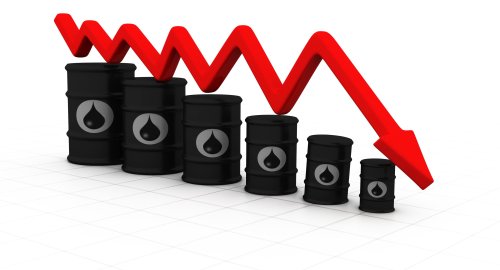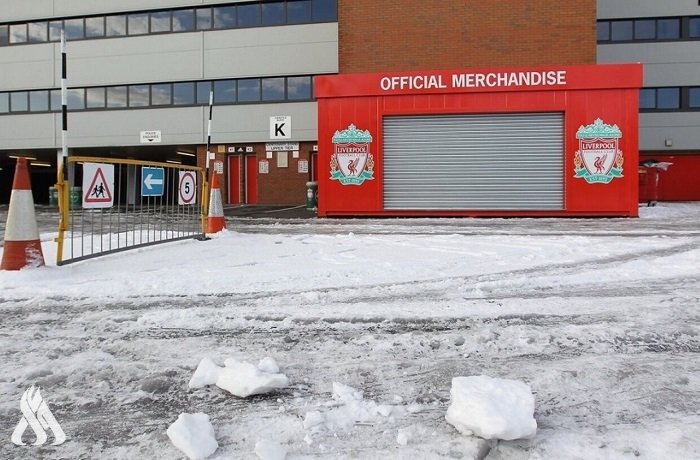
Brent crude drops to $103.6 per barrel

- 4-04-2022, 09:44
INA-sources
Oil prices fell at the start of Asian trade on Sunday, alleviating some concerns about potential supply issues.
The early losses this week come after oil prices settled down around 13% last week - their biggest weekly falls in two years - when U.S. President Joe Biden announced the largest-ever U.S. oil reserves release.
Brent crude futures fell $1.01, or 1%, to $103.38 a barrel by 2223 GMT. WTI crude futures fell 84 cents, or 0.9%, to $98.43 a barrel.
Market participants have been concerned about global supplies since Russia's invasion of Ukraine in late February. Sanctions imposed on Russia over the invasion disrupted oil supplies and drove oil prices to nearly $140 a barrel, the highest in about 14 years.
On Thursday, Biden announced a release of 1 million barrels per day (bpd) of crude oil for six months from May, which at 180 million barrels is the largest release ever from the U.S. Strategic Petroleum Reserve (SPR).
On Friday, member countries of the International Energy Agency committed to another coordinated oil release in an extraordinary meeting, according to Japan's industry ministry.
Still, "when you look at the release from the SPR, there are still a lot of questions about how they're going to get all that oil out of there," Flynn said. "We'll have to wait and see."
Meanwhile, the Russian state-owned energy giant Gazprom (GAZP.MM) said on Sunday it was continuing to supply natural gas to Europe via Ukraine in line with requests from European consumers.
Source: Reuters
Trump: I will meet Putin after I am inaugurated as president
- International
- 09:50
Elon Musk: Could what happened to the Yazidi people one day happen to Europe?
- International
- 09:39
The Lebanese army is deployed in towns after the withdrawal of the Zionist enemy
- International
- 08:04












